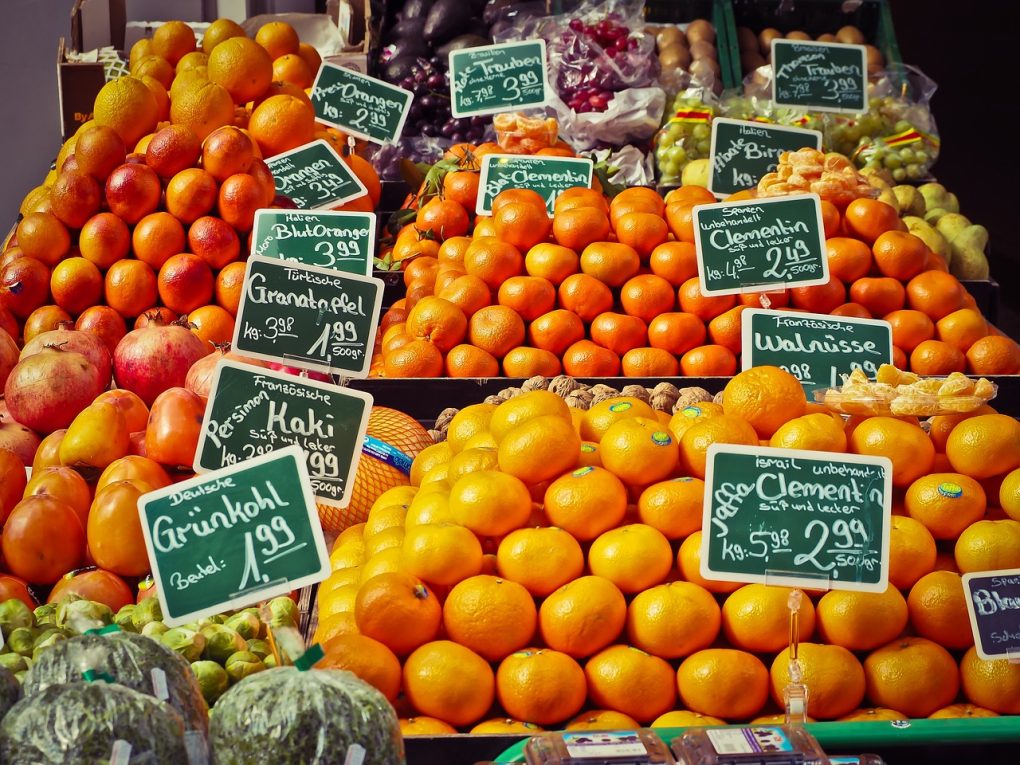
Storing fresh fruits can be a daunting task, as they are highly perishable and require special care to keep them fresh for as long as possible. However, with the right methods, you can keep your fruits fresh and delicious for longer. In this guide, we will discuss the best methods for storing fresh fruits, including temperature, packaging, and storage containers. We will also cover tips to help you maintain the freshness of your fruits.
Temperature
When storing fresh fruits, temperature plays a major role in preserving their quality. Fruits should be stored in a cool, dry place, such as a refrigerator or root cellar. The ideal temperature range for most fruits is between 32 and 45 degrees Fahrenheit, depending on the type of fruit being stored. Some fruits, like apples, can be kept at room temperature if they are not exposed to extreme heat or direct sunlight.
In addition to temperature, humidity should also be taken into consideration when storing fresh fruits. Fruits should be stored in an environment with low humidity, as too much moisture can cause mold and decay. Proper air circulation is also important for reducing the risk of spoilage.
Packaging
When storing fresh fruits, the type of packaging can also make a difference in their shelf life. Fruits should be stored in breathable containers, such as paper bags or cardboard boxes, to allow for air circulation. This will help keep the fruits dry and prevent them from becoming overripe or moldy.
Fruits that are prone to bruising, such as apples and pears, should be stored in padded containers or wrapped in bubble wrap or tissue paper to protect them from damage. Fruits should also be stored individually, as they can quickly become overripe if stored in a pile.
Storage Containers
The type of storage container you use can also impact the shelf life of your fruits. Plastic containers are great for storing fruits, as they are airtight and moisture-resistant. However, if you plan to store your fruits for an extended period of time, glass or ceramic containers may be a better option, as they are better at preserving the flavor and texture of the fruits.
When storing fresh fruits, it is important to use containers that are clean and free of any dirt or debris. It is also important to wash the containers thoroughly before storing the fruits, as this will help reduce the risk of bacterial contamination.
Tips for Storing Fresh Fruits
When storing fresh fruits, there are a few tips that can help you keep them fresher for longer. Here are a few of the most important tips to remember:
– Avoid washing fruits until you are ready to eat them, as this can cause them to spoil more quickly.
– Separate fruits that give off ethylene gas, such as apples and bananas, from other fruits, as this gas can cause other fruits to ripen prematurely.
– Keep fruits away from direct sunlight, as this can cause them to overripe and spoil.
– Don’t store fruits near foods with strong odors, as the smell can transfer to the fruits.
– Store fruits in small batches, as this will help keep them from going bad quickly.
– Check fruits regularly for signs of spoilage, such as mold or soft spots.
Conclusion
Storing fresh fruits correctly is essential for ensuring they stay fresh and delicious for as long as possible. The key to successful storage is to keep them in a cool, dry place, such as a refrigerator or root cellar, and to use the right packaging and storage containers. Additionally, it is important to follow the tips listed above to help maintain the quality of your fruits. With the right methods, you can keep your fruits fresh and delicious for longer.
